
Bangladesh
-

Adaptation on the frontline of climate change
How are communities adapting to climate change? What can policymakers do to help them?
-

Paternalistic gender discrimination: Evidence from labour markets in Bangladesh
Employers can discriminate and restrict women from taking up employment opportunities deemed unsafe. Research from Bangladesh suggests female workers entering the labour market may suffer most from paternalistic discrimination, where male workers ‘protect’ female workers from tasks perceived as difficult or harmful.
-
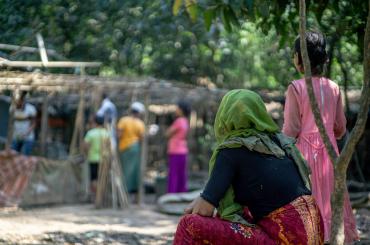
Healing in crisis: Investing in women’s mental health and child development in refugee camps has huge benefits
A low-cost play-based programme for refugee mothers and their children in Rohingya refugee camps in Bangladesh was remarkably effective at improving mental health and wellbeing
-
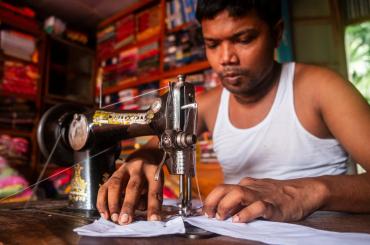
From migrant worker to owner: When temporary migration is used to start one’s own business
The majority of Bangladeshi migrants take on significant financial burdens to cover migration costs, but can enjoy high returns. Many returning migrants become small-scale entrepreneurs, using money saved while working abroad.
-
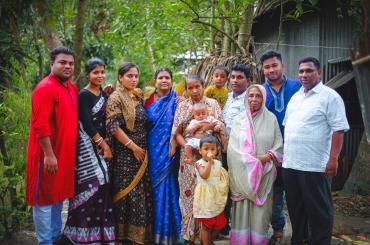
Long-term and intergenerational benefits of early childhood health interventions
An early childhood health intervention in Bangladesh benefitted adult’s human capital and economic outcomes as well as human capital in the next generation
-
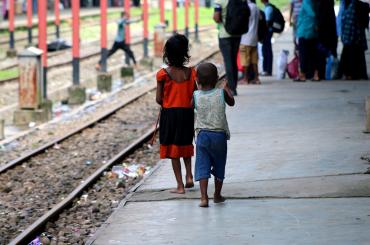
Leveraging existing infrastructure to scale early childhood development interventions
A cost-effective at-scale early childhood development intervention integrated into existing public service infrastructure led to positive impacts on child development in Bangladesh
-
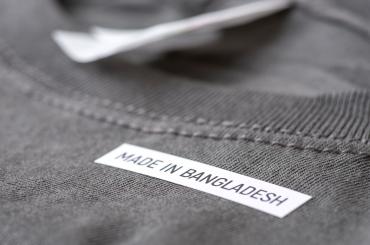
Relationship-focused buyers improved bottom lines for Bangladeshi garment manufacturers
The sourcing strategies of global buyers can have profound implications for suppliers in low-income countries. Using novel data, research in the garment sector reveals how global buyers differ in their approach to sourcing and why that matters for suppliers’ margins.
-
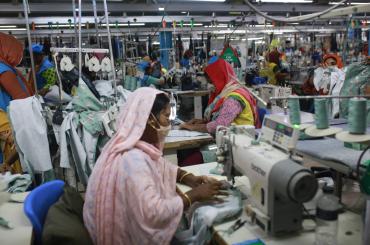
Providing plausible deniability empowers workers to report harassment
A novel survey method provides plausible deniability to workers reporting harassment in organisations and increased reported levels of threatening behaviour, physical harassment, and sexual harassment at a large Bangladeshi apparel producer
-
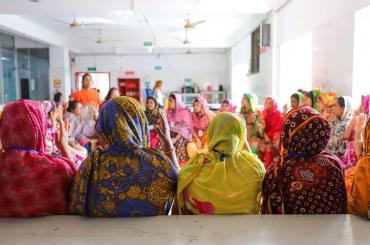
Breaking the silence: Advancing health technology adoption through open discourse on menstruation
Engaging in open conversations about stigmatised topics like menstruation reduces the social barriers to health technology adoption, which increases access to welfare-improving menstrual products